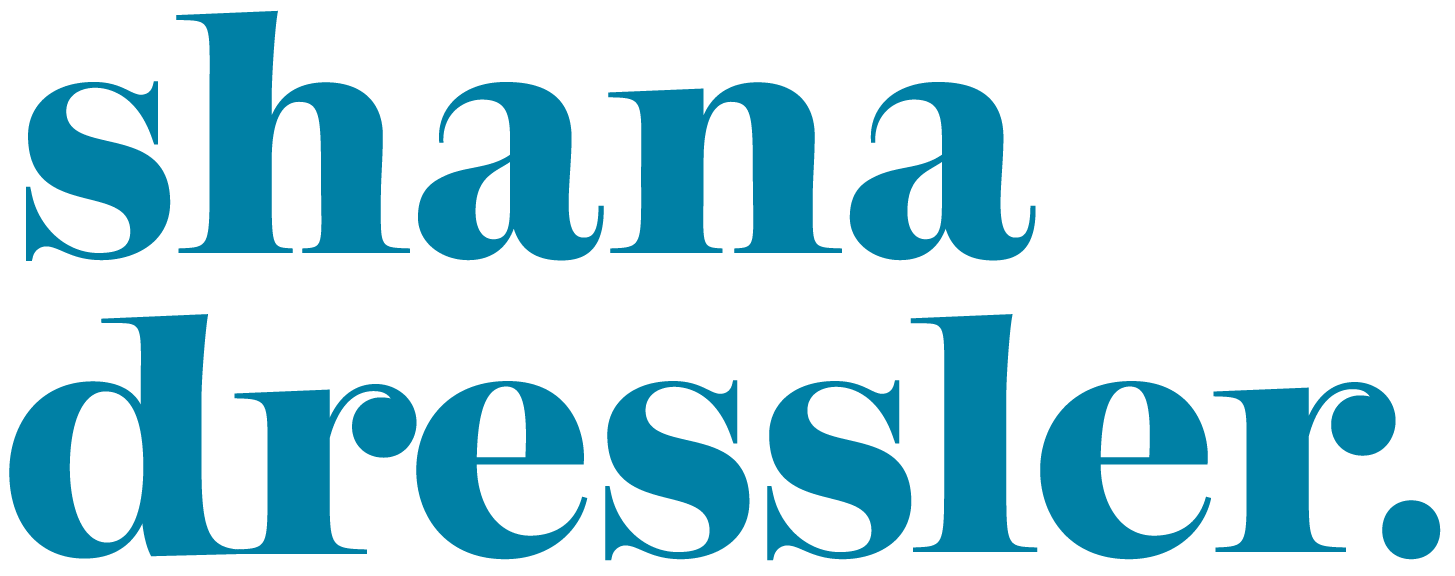
Efficient Methods for Busy Executives + Entrepreneurs
My coaching practice draws on a number of multi-disciplinary modalities, carefully adapted to best support a client. Coaching begins with a values inventory and a 360-degree assessment to help clients better understand their personalities, attitudes, working styles, competencies and underlying tendencies.
A baseline assessment provides the foundation to better understand strengths and challenges, structure the coaching engagement and prioritize specific goals.
At its heart, coaching is both an art and a science. I practice what’s known as “radical candor” with my coaching clients. I challenge them directly but also care personally, providing coaching and feedback that is honest, specific, sincere and clear.
Values-Based Leadership, Transformational Results
What is values-based leadership?
The rules by which we live our lives (always unconscious until we identify them)
The unspoken truths from which we operate, which are deeply tied to our identity and sense of self
Our internal operating system, or the code by which we behave in order to remain in integrity with ourselves
When our values are disrespected, ignored or dismissed we often react with strong negative emotions. When they are challenged, we get triggered. When they are threatened, we fight back. Identifying and understanding core values gives leaders the freedom and power to choose how they want to show up, take action and deliver on their key objectives.

Tools To Elevate Your Leadership
In my practice, I use The Leadership Circle 360 Assessment Tool. This tool measures a deeply researched set of competencies, including creative and reactive behaviors, internal assumptions and beliefs, that significantly enhance leadership effectiveness and correlate with high levels of fulfillment achievement.
The Leadership Circle tool identifies how leaders achieve results, bring out the best in others, lead with vision, enhance their own development, act with integrity and courage, and improve organizational systems. The assessment yields deep insights and facilitates the self-awareness needed to transform outward behavior.
To learn more read my article here.

Uncovering Your Blindspots
The Johari Window was developed in the 1950s by two American psychologists, Joseph Luft and Harry Ingham. Based on the idea that human behavior is best understood in the context of ties between people, this model helps clients uncover blind spots and unknown problems. The Johari Window helps describes communication processes, including nonverbal interaction, influence and interaction values, the power and risk of disclosure, and the experience of feeling understood. The Johari Window divides the model of interpersonal awareness into four quadrants:
The open quadrant refers the behavior, feelings, and motivation known to self and to others, often called the “public self”
The blind quadrant, refers to behavior, feelings and motivation known to others but not to self, often called “unaware self”
The hidden quadrant refers to behavior, feelings, and motivation known to self but not to others, often called the “private self”
The unknown quadrant refers to behavior, feelings. and motivation known neither to self nor to others, often called the “potential self”
Looking to fix your blind spots? Connect with me here to book a 30-minute complimentary call.

The Michelangelo Sessions
Jump-Start Your Leadership Journey.
Rather than creating a sculpture from marble, Michelangelo said that he worked to liberate the form already contained within the stone – to simply chisel away the extraneous material. Similarly, the Michelangelo Sessions are one of the ways to launch a coaching engagement and jump-start your leadership journey. I work with clients to quickly identify their needs, values and superpowers. Together we set the stage to identify and clarify authentic goals, remove barriers and develop a roadmap and plan of action to free the creative leader within.
The Michelangelo Sessions, designed and honed over years of work with executives and leaders, look to accomplish the following:
Practice leadership competencies so leaders have the tools to effectively guide their company through a period of major disruption and change
Identify and remove obstacles in their way, specifically related to leadership and people
Help set goals and milestones, provide accountability and, if requested, work on prioritization and time management
Become aware of and understand the positives and negatives of the mindset a leader is operating from, so they can forge a pathway forward with greater velocity
Leave with a defined action plan to accomplish goals
Have dedicated time to slow down to think out loud and bounce ideas off of an impartial person who is 100 percent present with no agenda and fully in their court
Create a safe, confidential space to reflect and explore issues such as vulnerability and the imposter syndrome
Better understand how to lead with grace and inspire others by setting an example of excellence and self-mastery

If you’re an executive, fill out my intake questionnaire here.
If you are a founder, click here.
Once I understand what you need, I’ll reach out to schedule a 30-minute complimentary call.




